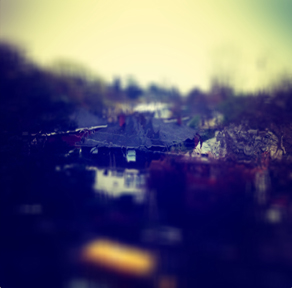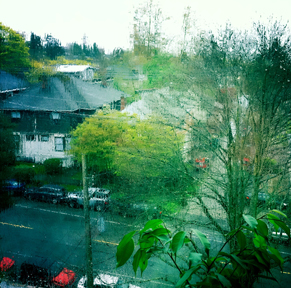A book is opened that hadn’t been touched for some years and out falls an old reading list. Here is a select sample, in no particular order,
1. Levi-Strauss, C. 1986. The Raw and the Cooked
2. Bourdieu, P. 1977. Outline of a Theory of Practice
3. Trautman, T.R. 1981. Dravidian Kinship
4. Taussig, M. 1980. The Devil and Commodity Fetishism in South America
5. Saussure, F.D. 1966. Course in General Linguistics
6. Focault, M. 1971. The Archaeology of Knowledge
7. Barthes. 1967. Elements of Semiology
8. Evans-Pritchard, E.E. 1956. Nuer Religion
9. Beteille, A. 1977. Inequality among Men
10. Braithwaite, R. B. 1953. Scientific Explanation: A Study of the Functions of Theory, Probability and Law in Science
The first thought that crosses ones mind is: wow! Did one really read all these books? Then comes the second even more amazing thought: All in the span of 7 days! The third is a quiet little thought that sneaks in and out of ones head even before one can fully get hold of it. The fourth is almost redundant and not worth pointing out. The fifth is what one might address here.
Carefully considering all the evidence and taking into account the present state of affairs one is almost certain that these books were read. Quite simply because they had to be read. It was mandatory. No
matter what Prof. Uberoi said during the only lecture one remembers from that point in time, despite being volunteers, by virtue of choosing to join the course and then further on choosing to attend the
lectures, when it came to the reading list one had to complete it before the next tutorial; that dreaded event when a handful of us, like the proverbial three blind mice, ran after the farmer’s wife, so
to speak. What followed was in accordance with the theory, probability and law of science or mythology or proverb. The only difference being that we didn’t get to run around much and the farmer’s wife, though her knife was quite sharp, didn’t manage to cut off our tails. Everything about that exercise seems to be so dispassionate and far removed that one can safely declare one has no memories about it. But that wouldn’t be quite truthful, would it?
How did one do it? One may have been a volunteer but that was simply a manner of speaking. The reading list wasn’t voluntary. One had no right over choosing what to read and when to read it. The books were prescribed and were to be read within a certain (insanely inadequate) time limit. Sometimes it felt that even the sentences, the words that people walking up and down the corridors uttered, were also prescribed. There was a formula and the one who followed the prescription was sure to master it.
So, how did one do it? Nothing is impossible, in the world of speed reading at least. Anne Jones took 47 minutes 1 second to read 759 pages of Harry Potter And The Deathly Hallows. No mention is made of whether her pleasure of being the first to finish the book equaled the pleasure (she had 47 minutes before) of having another Harry Potter book to read. Well, speed-reading can be put to other mundane uses too. But the sixth and final question still remains: did one enjoy reading these books?




































































